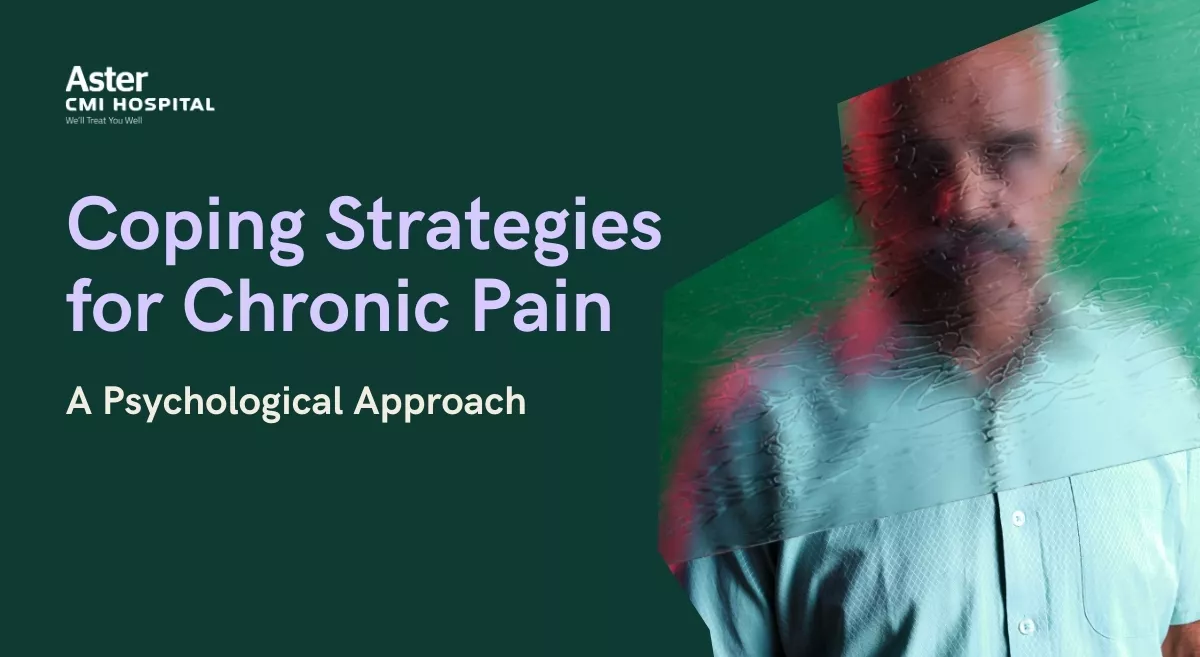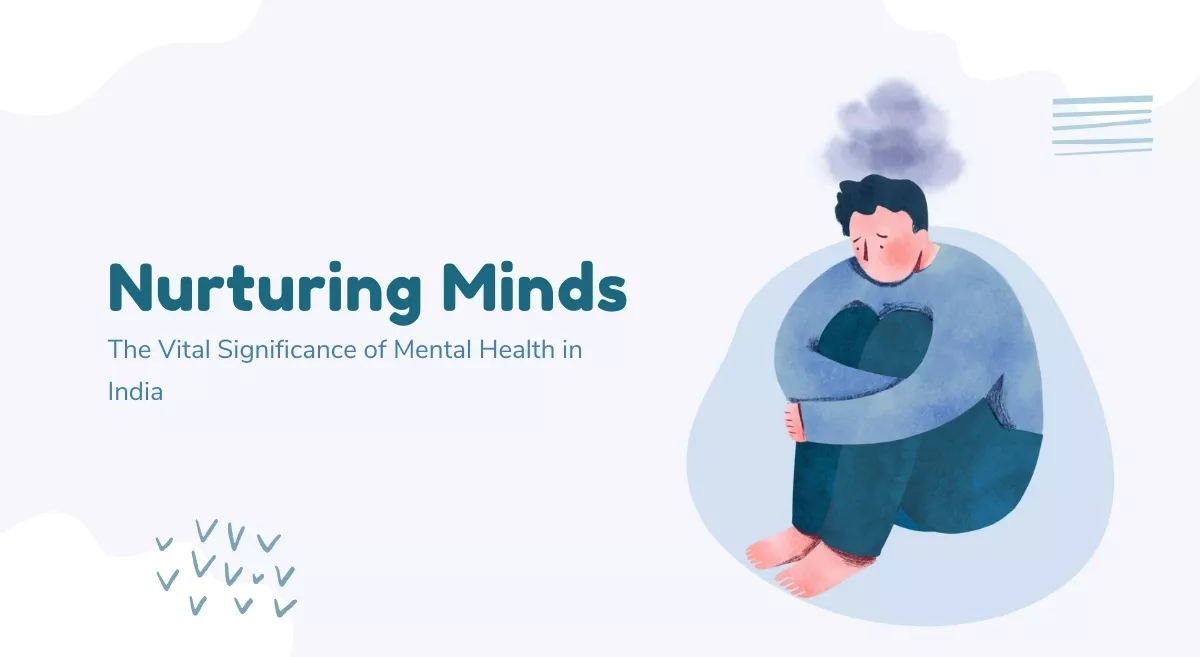Understanding the Mind-Body Connection in Chronic Pain
Living with chronic pain can feel like an ongoing battle, where each day brings new challenges. But managing pain isn’t solely about addressing the physical symptoms; it’s also about understanding the powerful connection between the mind and body. Psychological approaches offer effective tools to help individuals shift their focus from suffering to resilience. If you’re seeking holistic care that addresses both physical and emotional aspects, consulting a Psychiatry Hospital in Hebbal Bangalore can be a supportive step toward long-term recovery.
The Role of Cognitive Behavioral Therapy (CBT) in Pain Management
Pain isn’t just a physical sensation; it’s profoundly influenced by our thoughts, emotions, and behaviors. Chronic pain can lead to stress, anxiety, and even depression, which can, in turn, intensify the pain experience. Cognitive Behavioral Therapy (CBT) is a proven method that helps individuals identify and challenge negative thought patterns that can exacerbate their perception of pain. Instead of thinking, “This pain will never go away,” CBT encourages reframing it as, “This pain is challenging, but I can find ways to manage it.”
Harnessing Mindfulness and Relaxation Techniques
Mindfulness and relaxation techniques are powerful tools for managing chronic pain. These practices train individuals to focus on the present moment, alleviating the stress and tension that often accompany persistent pain. Techniques such as deep breathing, progressive muscle relaxation, and guided imagery can calm both the mind and body, reducing the overall perception of pain. Experienced Psychiatrists in Hebbal Bangalore often incorporate such mindfulness-based therapies as part of their integrative treatment plans to support emotional and physical healing.
The Importance of a Strong Support System
Coping with chronic pain can be isolating but building a robust support network can make a significant difference. Connecting with others who understand your experience—through support groups, therapy, or simply talking to loved ones—can improve mental well-being and aid in pain management. A supportive environment can help foster a sense of community and shared understanding, which is essential for emotional resilience.
The Psychologist’s Role in Chronic Pain Management
Psychologists play a crucial role in helping individuals navigate the complex relationship between mind and body. They work closely with patients to develop personalized coping strategies tailored to unique needs and experiences. Through regular sessions, psychologists explore thoughts, feelings, and behaviors related to pain, providing tools to regain control and improve quality of life.
Aster CMI’s Comprehensive Approach to Pain Management
At Aster CMI Hospital, we understand that managing chronic pain requires a holistic approach. Our interdisciplinary team, which includes skilled psychologists, is dedicated to addressing both the physical and psychological aspects of chronic pain. By integrating evidence-based strategies and personalized care, we aim to help our patients build resilience and enhance their overall quality of life.











